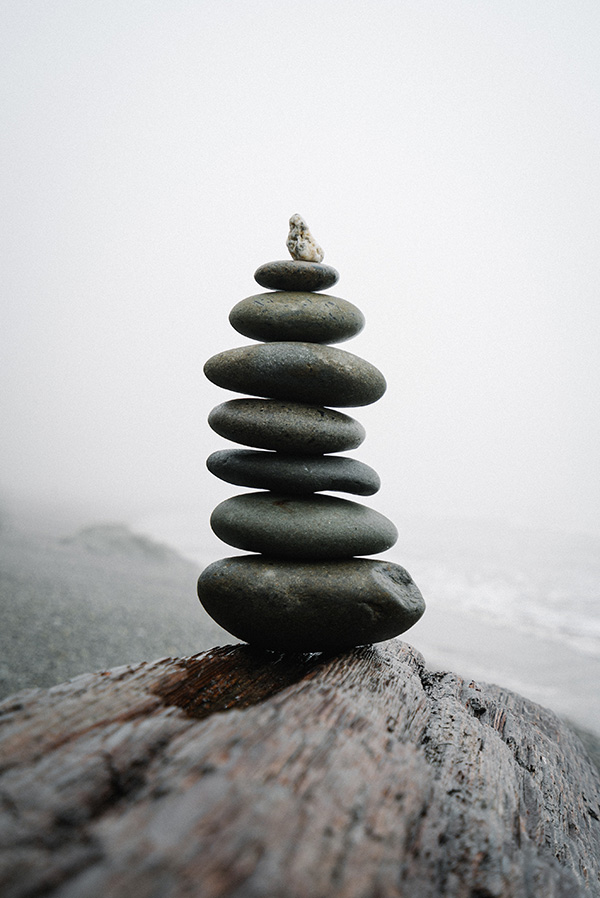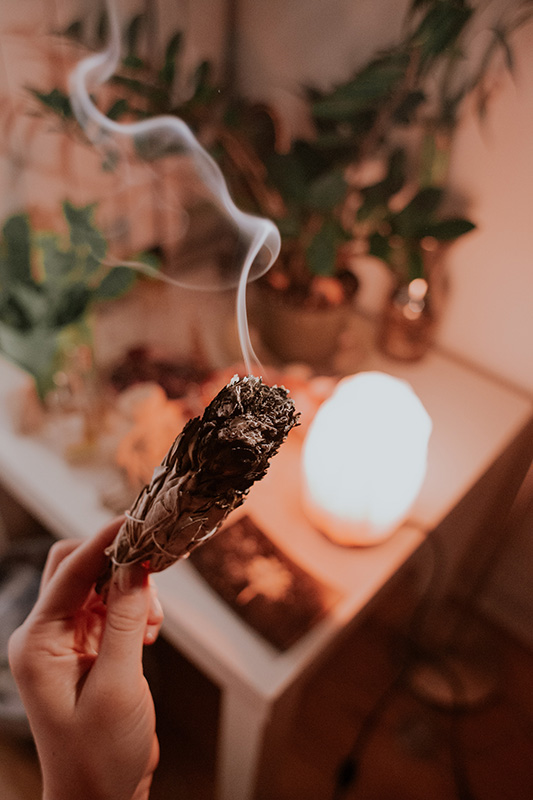at a Glance
Traditional Chinese Medicine (TCM) is a complete system of care based on these connections and the balance among all three aspects. The system is unique in its low cost, focus on self-help, and view of the whole person within his/her environment. Each patient receives a diagnosis based on TCM principles and his/her treatment includes a discussion about how the person’s health is tied to the choices that he/she has. Based on the specific diagnosis, one or more of the following modalities are prescribed.

What is
Acupuncture
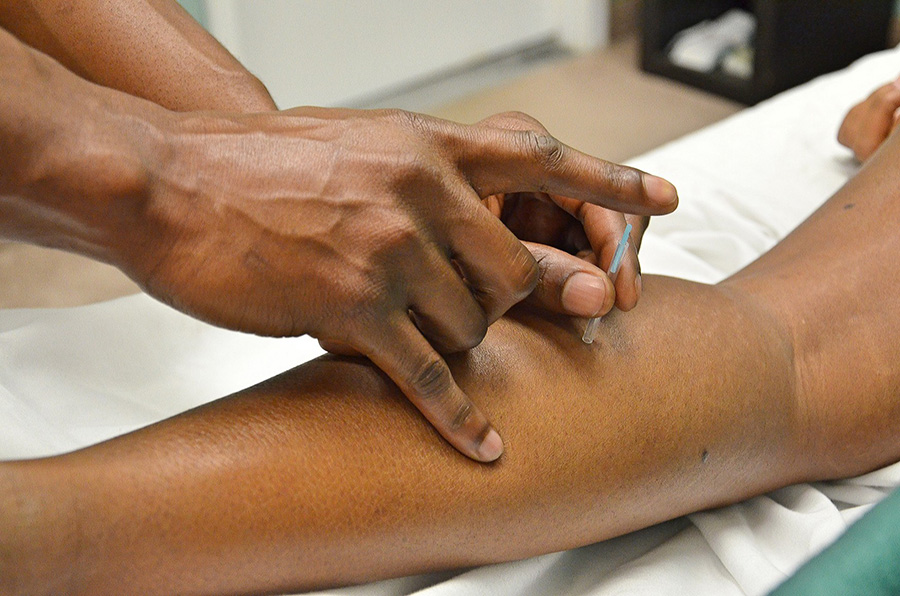
What is
Auricular acupuncture
What is
Community
Acupuncture
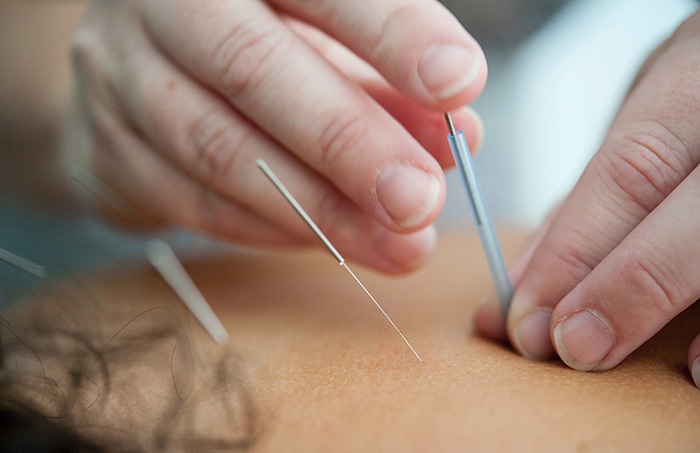
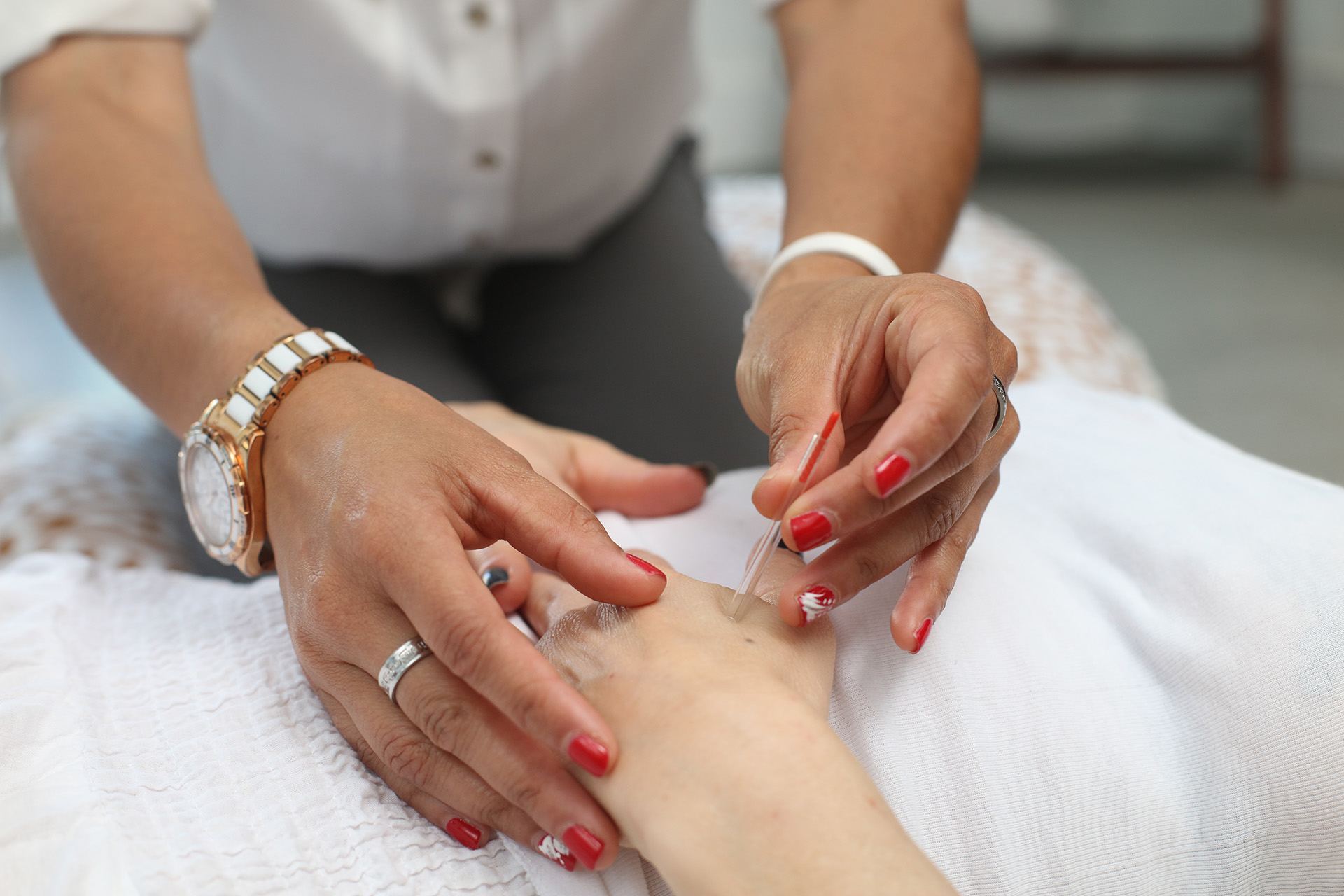
What Are
Herbs
The prescription of Chinese herbal formulas is also based on TCM diagnosis, and often involves combining 2 or more different herbs to enhance the ultimate efficacy and safety of these classical herbal formulas. The formulas that we use are based on classic patent formulas, mostly in pill or tablet form, manufactured by companies who have established procedures to screen for contaminants, toxic substances and heavy metals. Herbal formulas will only be prescribed when the practitioner has had sufficient opportunity to diagnose the patient, to identify all western medications taken by the patient, and to (whenever possible) discuss the situation with the patient’s western practitioner. It is important not to take herbs solely based on suggestions from friends and family. Talk with a licensed practitioner or your doctor before taking any herbs
What is
Diet & Nutrition


